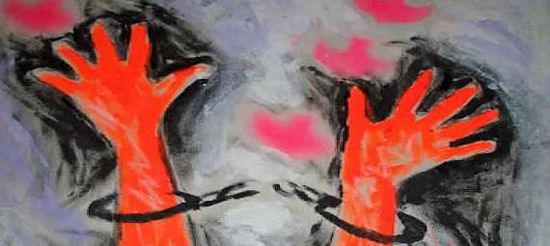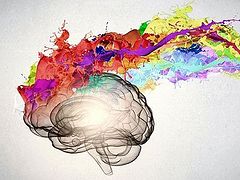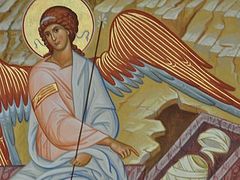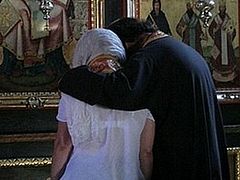Source: Rediscovering Christianity
December 6, 2016
The implications of the good news being much more than what happens to you after death is profound. It is, after all, a message about God becoming king, renewing the world, and taking control of creation – and he does this through a crucified Messiah. Yes, personal salvation is a part of it, but only a part.
As we preach this fuller picture, it seems we have to be careful not to boil it down to a moral message, which is what often gets preached.
If the good news is a moral contract, then Jesus becomes Santa Claus (happy St. Nick day, by the way). Be good and you’ll get to go to heaven…but if you’re not, don’t worry, Jesus will wipe away our sins.
But what’s the role of the church in this?
Last Friday, a pastor friend of mine shared with me a quote from a theologian named James Cone. In this quote, he basically said that the purpose of the church was to look after the oppressed in society.
Biblically speaking, this is looking after the poor, the widow, the orphan, the stranger, etc.
But if that’s the role of the church, why do we need Christ? After all, doing good and looking after the oppressed can be boiled down to a life philosophy: do good. And a life philosophy doesn’t need a Messiah.
Unfortunately, this has even affected theology. Freeing the oppressed becomes feminist theology, black theology, liberation theology, and other sorts of contextual theologies. The gospel is no longer the good news of God becoming King. Instead, the results have become the message itself: a philosophy of helping those in need.
So how do we rethink all this in light of the actual good news?
Perhaps, instead of confronting authority with a message of equality for all, it’s a confrontation that God is King and we now have a new way of doing things (the implication being that God looks after those in need).
For the gospel to still be the good news of what God has done through his Messiah, then challenging worldly power with power from on high has to remain central. God’s in control and any power we have is only an illusion and only temporary.
The good news has to remain the message of a crucified Messiah. If the implications become the good news, then it’s a distorted “good news.”
Thoughts?








